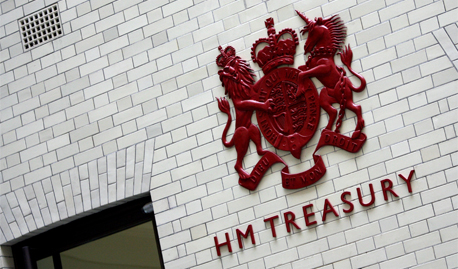
HM Revenue & Custom proposals to increase VAT on solar panels will hinder the country’s progress towards a net zero economy, Committee on Climate Change (CCC) chief Chris Stark has said.
Stark was giving evidence to the Business, Energy and Industrial Strategy (BEIS) select committee yesterday when he was asked by Labour MP and committee chair Rachel Reeves about the potential shape of a future power sector.
Reeves referenced both the effective ban on onshore wind developments and HMRC’s recently-announced proposals to remove the discounted rate of VAT on energy saving materials, including solar panels and battery storage units, effectively increasing VAT from 5% to the full 20% rate.
Having unveiled its advice for a net zero economy for 2050 last week, Stark spent much of the evidence session advocating for an “unprecedented” increase in low carbon power generation to help reduce emissions over the next decade, described by him as a critical period.
And Stark added further that simply put, HMRC’s VAT proposals would hinder the UK in attaining a net zero status.
“We will need to throw everything at this challenge, including onshore wind and solar for that matter. Anything that makes it harder is clearly not in line with the net zero challenge over all,” he said.
The proposals have already been heavily criticised by the industry. Last week the Renewable Energy Association said they risked setting the UK’s decarbonisation back “years”, and installers have slammed the way in which HMRC’s consultation was conducted.
The consultation itself ran for less than a month – from 8 April to 3 May 2019 – and an accompanying impact statement admitted that the impact on tax receipts for the Treasury would be negligible.
A spokesperson for HMRC said in a statement: ““The government is proposing changes which would keep as much tax relief as possible available for Energy-Saving Materials while ensuring UK rules are in line with EU law.”

